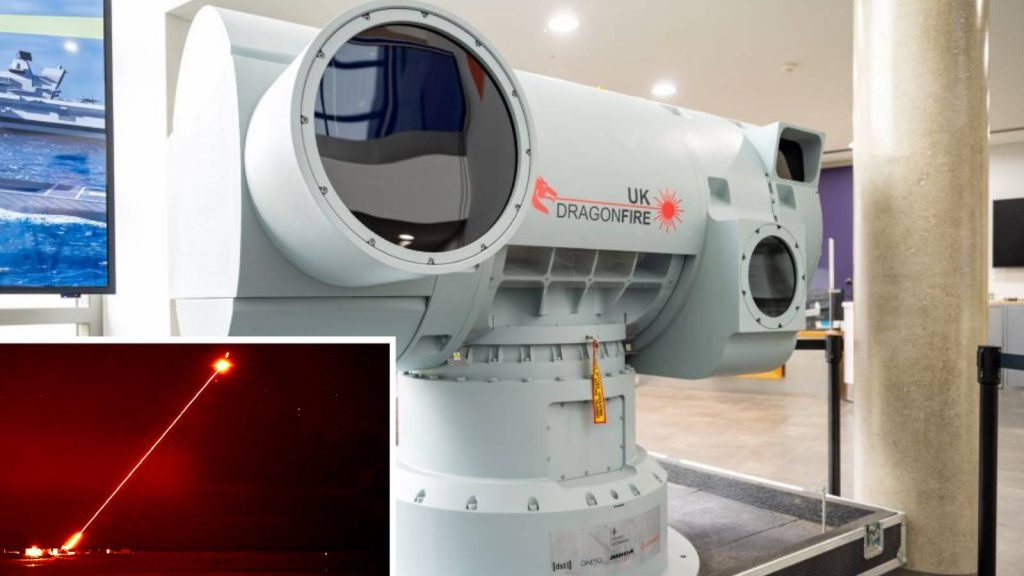IT Complexity and Technical Debt slow Europe’s AI progress
London, 4th April 2024 – New research from Advania, a leading Microsoft partner, reveals that IT complexity is hampering the progress of mid-market organisations in harnessing the full potential of new technologies. The vast majority, 81%, struggle to scale, update and future-proof their underlying tech stacks in the era of Artificial Intelligence (AI).
This independent study by Censuswide, is the largest of its kind, surveying 966 mid-market IT decision-makers across organisations in the UK, Sweden, Denmark, Finland, Norway and Iceland.
A significant portion, 98%, acknowledge IT Complexity issues in their current tech stack, such as:
– Limited understanding of AI’s potential for their organisation
– Existing technical debt and confused budget spending
– Net-Zero knowledge gap
Limited understanding of AI’s potential
A third of the mid-market organisations surveyed, 33%, believe they cannot future-proof their tech because of a lack of knowledge in AI.
Even including those who don’t feel they lack AI knowledge, a staggering 81% feel unable to grasp the transformative potential of AI for improving their operation’s productivity. Only 16% can see how AI could help them build the long-term technical skills needed for revenue growth. This suggests most mid-market organisations have not developed a strategy for AI integration.
Business leaders need knowledgeable technical partners, not only to help them successfully implement and adopt AI technology, but to envision the benefits AI can make for their organisations and support them in making the right choices for their business needs.
Many are unaware of the power of embedded AI solutions such as Microsoft’s Generative AI virtual assistant, Copilot for Microsoft 365. These AI solutions require minimal technical configuration, allowing business leaders to focus on driving adoption and usage in add real value to their organisation.
Existing technical debt and confused budget spending
A key complication for the mid-market is Technical Debt, the burden of work required to upgrade existing IT systems. When asked how they prioritise and remove technical debt, over half, 57%, of mid-market organisations admitted they don’t regularly review and replace legacy systems. One in four also take a reactive approach to IT, waiting for issues to occur before they act. Ignoring tech debt worsens the impact and solution. It will inevitably cost more to fix later.
Within mid-market organisations, siloed teams can suffer from a lack of concrete guidance on where to invest fragmented budgets, resulting in confused or incohesive spending on technology. Budget constraints are a clear barrier to innovation. Nearly a third, 30%, of mid-market organisations cite limited budget as the reason for their outdated technology infrastructure.
However, when asked what they spend today versus what they would spend with an ideal budget, they would make the same decisions again, signalling that their priorities are right but that they lack the funds and don’t know where is best to allocate budgets to solve IT complexities (see Graph 1 below).
Mid-market organisations, with a finite budget, require assistance in prioritising their spending to effectively repay technical debt, which can act as a barrier to AI exploitation. Conversely, integrating AI can also contribute to the repayment of this technical debt.
However, only 16% of mid-market organisations recognise building the technical skills needed for long-term growth as a key impact of integrating AI, leaving many unable to see or understand the benefits.
Net-Zero Knowledge Gap
Finally, Net Zero commitments mean organisations cannot operate in a vacuum. They need to be aware of the effect of IT decisions on society’s sustainability goals. Budget pressures and IT complexity impact wider strategic organisational goals such as achieving Net-Zero.
Mid-market organisations must face the Net-Zero challenge too far on top of maintaining flawless everyday IT operations. The interest is there, with a third of respondents having shifted to the cloud to reduce emissions, and one in four opting for Net–Zero cloud providers.
Most are struggling to make progress however, as two- thirds, 66%, admit there is currently no internal education about the environmental impact of their tech stack.
Nick Isherwood, Chief Information Officer, Advania, says “The mid-market is smart and competitive, yet IT complexities act as significant roadblocks to them. Many just focus on one-time fixes when there are problems, but don’t recognise the need to be set up for constantly evolving circumstances. The mid-market simply does not have the luxury of large IT departments and unlimited budgets to resolve these issues. This leads to them not being able to focus on other priorities like AI and Net-Zero, they’re distracted by their IT complexities. They follow official guidance on how much they should budget for cloud services, for example, but one size can’t fit all. Organisations need to consider their specific needs, the market they play in, the contextual threats they face, and flex their budgets accordingly. That’s where we add the greatest value.”







